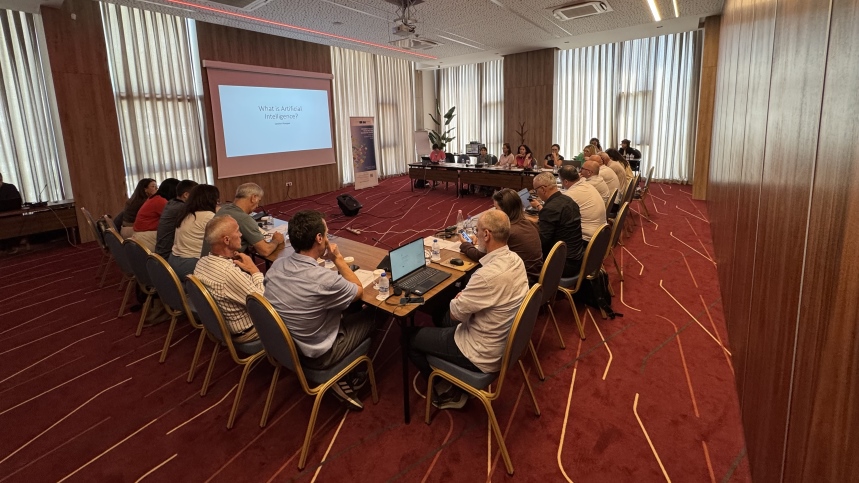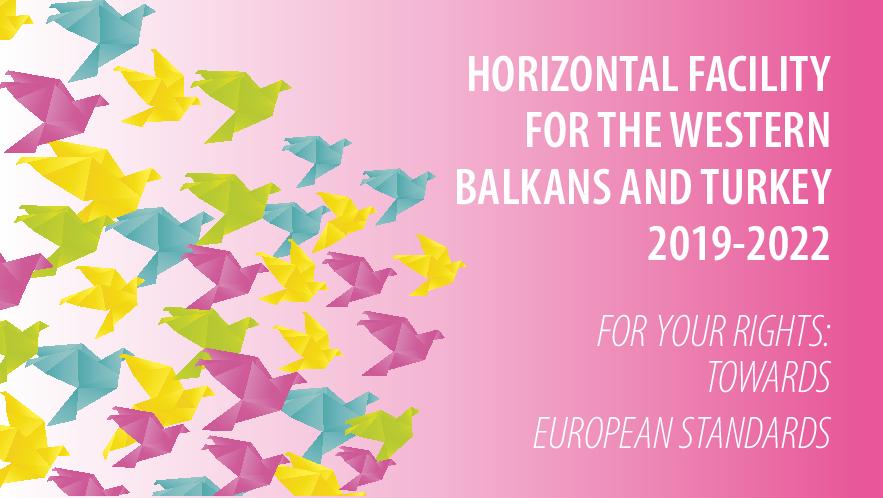With the active participation of 22 staff members from the Ombudsperson Institution, a two-day training session took place on in Istog/Istok, focusing on the impact of Artificial Intelligence (AI) on non-discrimination and the evolving role of equality bodies.
The training aimed to strengthen the institutional capacity of the Ombudsperson Institution in its mandate as an equality body, especially in light of the growing influence of digital technologies and AI in everyday life.
Throughout a series of intensive and interactive sessions, participants explored key elements of the European regulatory framework, including the EU Artificial Intelligence Act and the Council of Europe’s Framework Convention on Artificial Intelligence and Human Rights . The training also addressed the Ombudsperson's role in identifying cases of discrimination and in responding to the human rights risks posed by the use of AI.
A practical exercise stimulated a lively debate about the evolving responsibilities of equality bodies in the face of rapid technological change. The question, “Do we need a new mandate for equality bodies in today’s changing world?”, resonated strongly with participants. The discussion touched on issues of institutional preparedness, the adaptability of current legal frameworks, and the need to equip equality bodies with updated tools, resources, and competencies. Data protection and citizen safety emerged as central concerns. Participants called for a comprehensive AI strategy to be developed and implemented by the authorities—one that ensures not only innovation but also security and protection of fundamental rights.
This training was organised by the action on “Combating Discrimination and Hatred”, implemented within the joint programme of the European Union and the Council of Europe “Horizontal Facility for the Western Balkans and Türkiye


